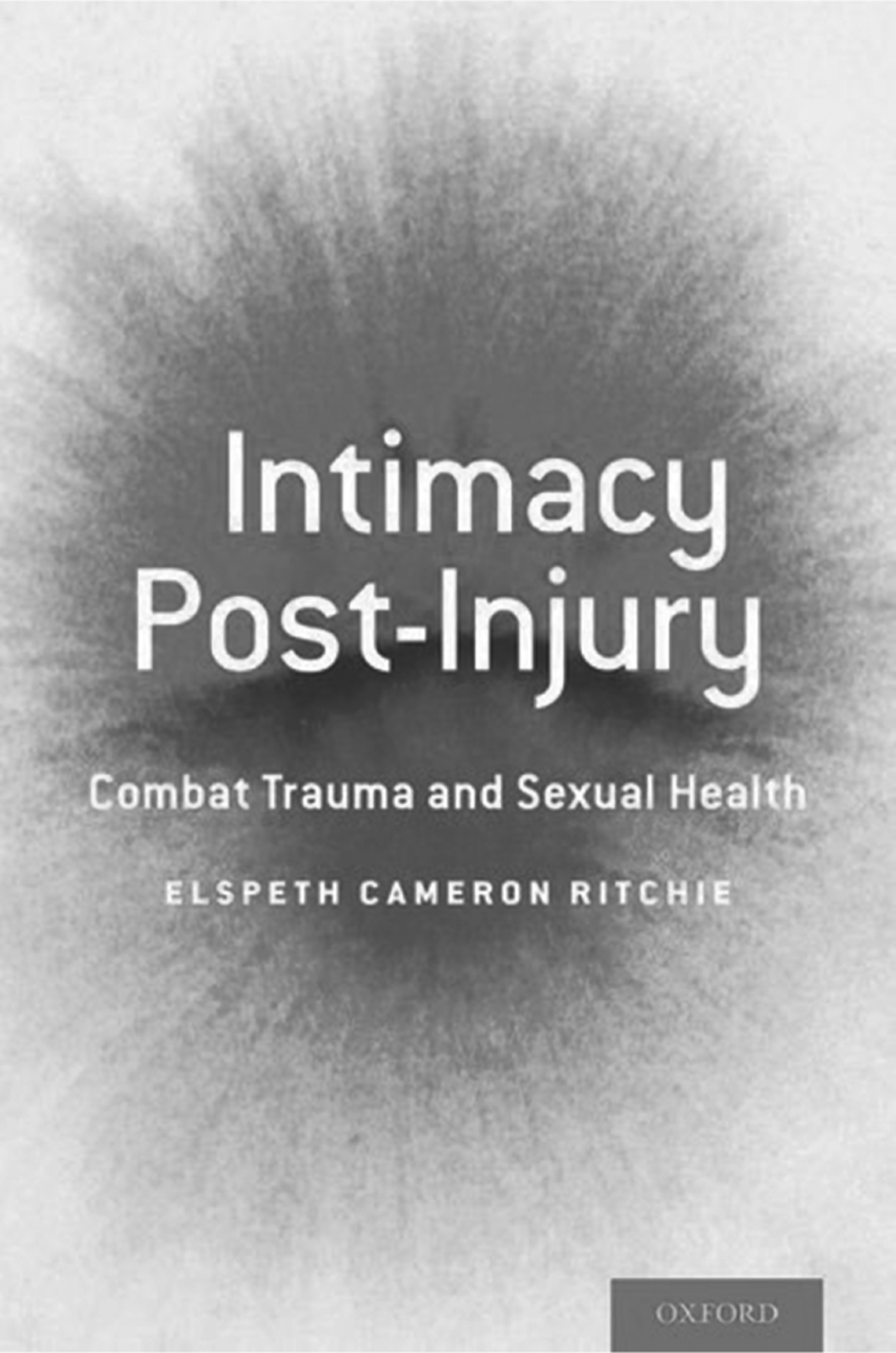One of my most disturbing memories in a long military career was bearing witness to soldiers, critically injured by blast wounds, regaining consciousness in the UK field hospital at Camp Bastion, Afghanistan, to discover that world-class medical evacuation from the battlefield and the latest techniques in resuscitation had saved them from what, until recently would have been, unsurvivable injuries. The moment of insight when a previously fit and healthy young adult realised their life, dreams and aspirations had violently been dashed and rebooted to begin the painful task of coming to terms with a life of disability, handicap and, in many cases, intractable pain was distressing indeed. What was also evident is that when the mutilation included genital injury, the impact was manifestly worse… resus staff became targets of ingratitude and verbal abuse; ‘…why the f…k have you saved me to live like this’. That scene, for staff and patients alike, was one of the most traumatic memories of the conflict and prompted profound ethical and moral discussions about the medical imperative of saving life at whatever cost.
More than 1500 young UK ex-service personnel now lead lives of profound disability and, after receiving the very best rehabilitation there is within the military (inadvertently raising expectations of an unsustainable level of support and service provision), are, at some point, cut adrift and left to an increasingly beleaguered National Health Service. Mental illness often lurks in the shadow of physical disability; frequently overlooked as attention is directed to visible wounds. All the more therefore when the wound is an injury to sexual health still surrounded by embarrassment and taboo.
Psychiatrists are increasingly under pressure to conduct assessments that are ever more perfunctory and, outside specialist services, often fail to take even a rudimentary psychosexual history. Against this background, this book is a timely reminder that, the often undisclosed private lives of our patients can have a profound effect on mental well-being and play a major contributory role, albeit often invisible, in their suffering.
The book is directed at a US audience and its facts and figures very much speak to that. The author (actually the editor) has assembled 17 chapter authors who cover the common causes of combat injury and their effects and impact on sexual health. This is probably the first book of its kind and despite criticisms of style and flow (there is repetition between chapters and some of the content would be obvious to any lay person) is nevertheless an important contribution. There are particular chapters of special relevance to psychiatrists such as the impact of post-traumatic stress disorder (PTSD) on sexual health and although chapters on penile reconstruction may not seem immediately relevant…what is clear is the extent to which sexual health is a pivotal part of the core identity of the ‘warrior culture’ and the dire consequences when it fails.
What is also clear is the extent to which the physical dimension to a relationship is a foundation in the lives of these people, without which the relationship itself can quickly crumble. The book will equally appeal to urologists, trauma specialists and psychologists. Psychiatrists will find chapters on PTSD and sexual intimacy, failed relationships as a suicide risk factor and more basic biological issues such as the role of the sympathetic nervous system in the genesis of PTSD of particular interest.
Service veterans will permeate into mental health services by many routes, referred in different guises, Intimacy Post-Injury serves as a reminder that the presenting complaint is not always what it seems, poor sexual health is a powerful potentiating factor underlying many mental health problems (not just PTSD), and, if you do not ask and take a thorough history you may never know what is actually going on.



eLetters
No eLetters have been published for this article.